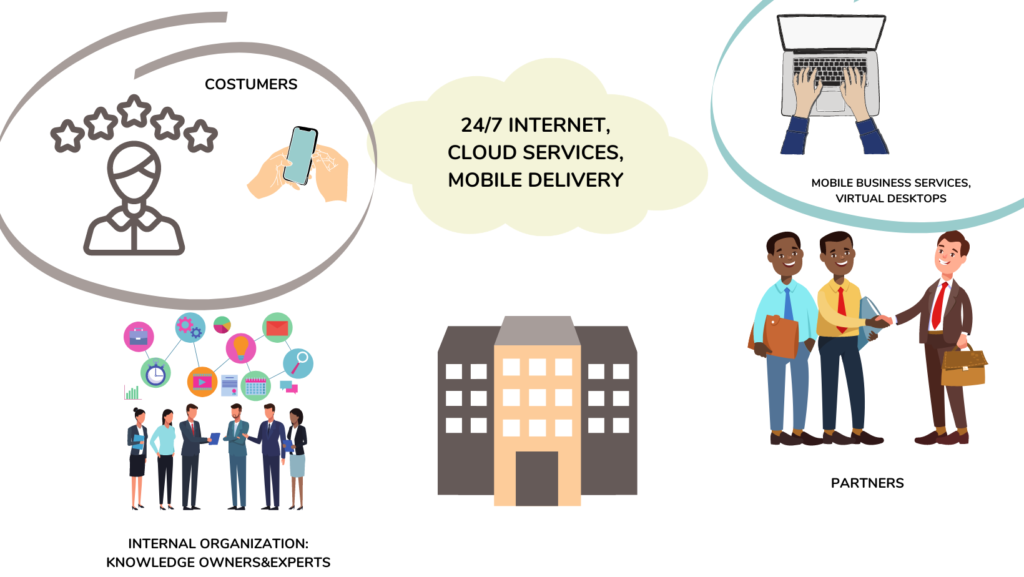AIOPS + AUTOMATION: RE-INVENTING THE IT AUTOMATION PLAYBOOK
Read more about from AIOPS + Automation series:
Part IV: Considerations for Specific Industries
Telecom and other large CSPs and MSPs
In the past decade, CSPs have had to confront head-on the challenges of an increasingly complex fabric of services layered across an increasingly complex series of interconnected corporate networks, cloud providers and converged service providers. Add to that the dramatic impact of advances in consumer mobility applications, and it becomes clear that changes to the technology landscape have altered the world around us.
BSS/OSS process efficiencies are too often constrained by the underlying vendor systems and as a result can be fractured across process areas. For example, coordinating remediation steps and diagnostic tests across different engineering teams requires significant manual work outside of the tools that support the process (network monitoring tools, testing tools, workforce management tools, etc.) When services are fixed and simple (a fixed telephone line), those pockets of inefficiency are small, and manual interactions across systems and between groups do not pose a significant negative impact to operations. However, when services are complex, the pockets of inefficiency become substantial constraints on business efficiency. The potential for automation of OSS processes therefore represents a breakthrough in efficiency potential, allowing CSPs to compete in an increasingly complex business environment.

The same is true in the realm of corporate computing, with the advent of new business services incorporating cloud computing—delivered from the corporate IT network and spanning mobile workers and mobile business services. Not surprisingly, 80% of technology investment today is spent on sustaining operations. It is also clear that costs have risen as complexity has risen. Based on this analysis, it is reasonable to assume that with the pace of change, this ratio will only grow.
For CSPs, scaled automation is critical to keep pace with change and ever-increasing scale. ML techniques from AIOPS offer the best source of efficiency and adaptability for all service providers.
Related papers:
- The Art of Automation: Chapter 5 – AIOps. (2021, December 9). IBM.
- Banica, L., Polychronidou, P., Stefan, C., & Hagiu, A. (2020). Empowering IT operations through Artificial Intelligence – A new business perspective. KnE Social Sciences.
- Gulenko, A., Acker, A., Kao, O., & Liu, F. (2020). AI-Governance and levels of automation for AIOps-supported system administration. 2020 29th International Conference on Computer Communications and Networks (ICCCN).
- Li, Y., Jiang, Z. M. J., Li, H., Hassan, A. E., He, C., Huang, R., Zeng, Z., Wang, M., & Chen, P. (2020). Predicting node failures in an Ultra-Large-Scale cloud computing platform. ACM Transactions on Software Engineering and Methodology, 29(2).